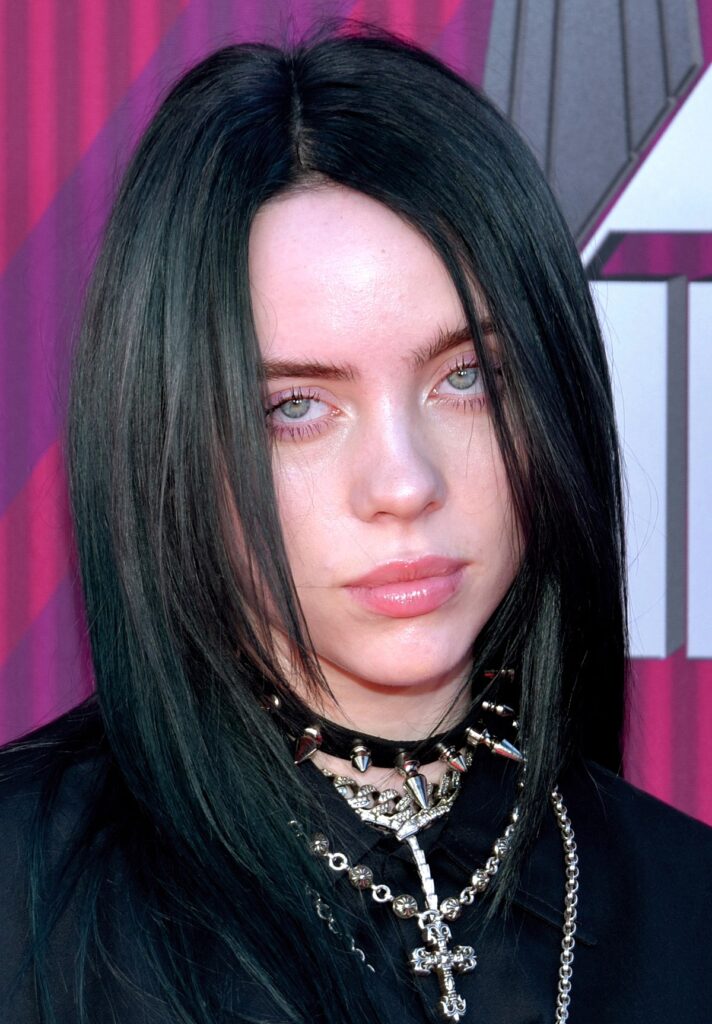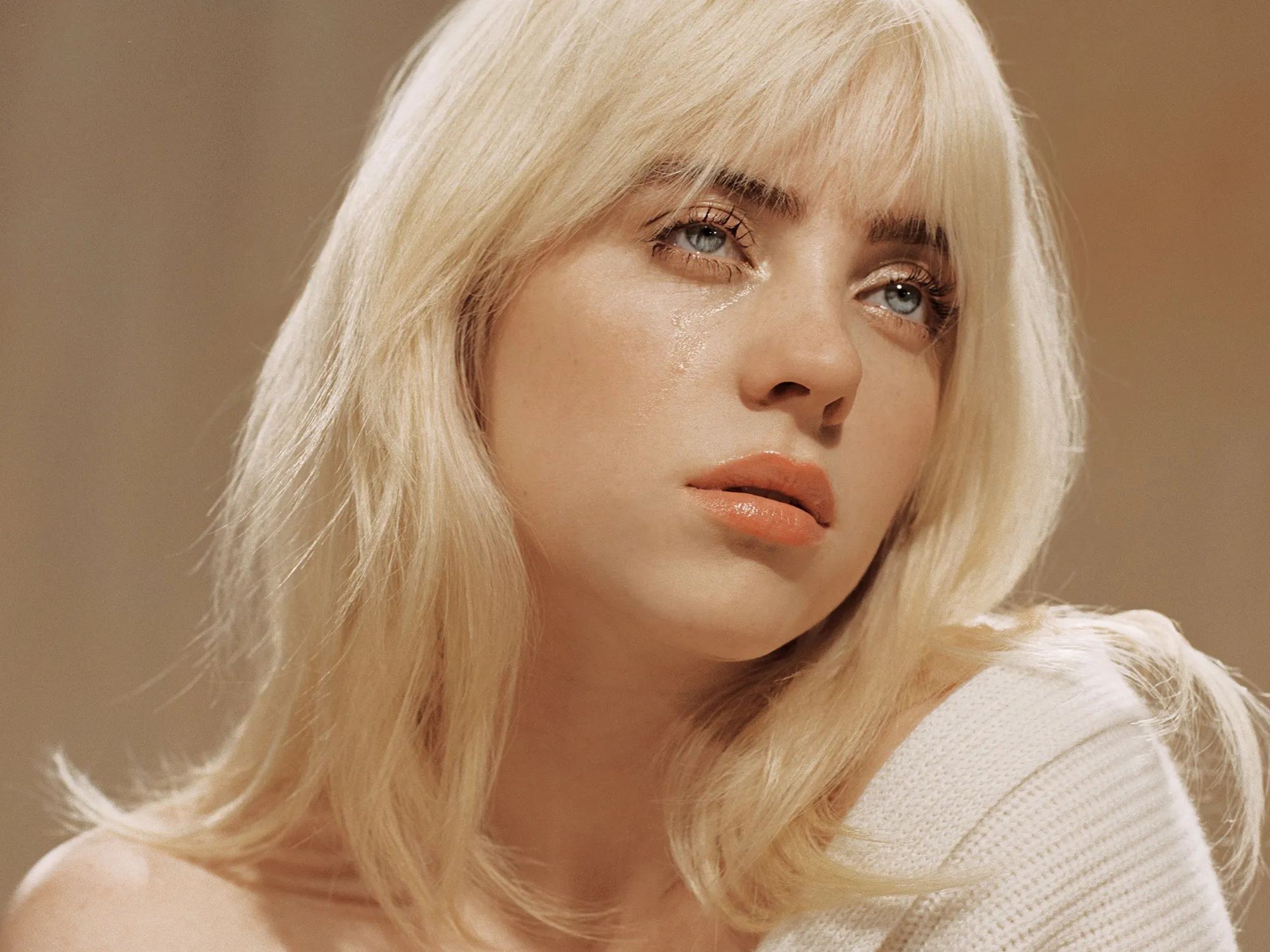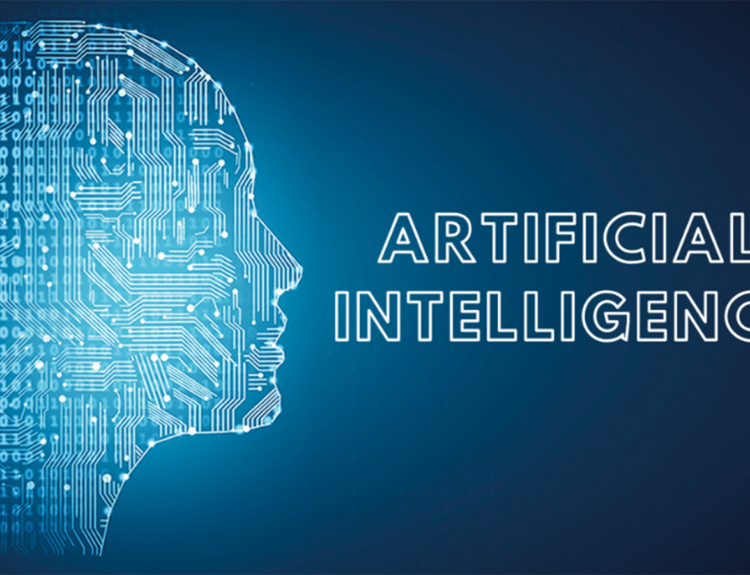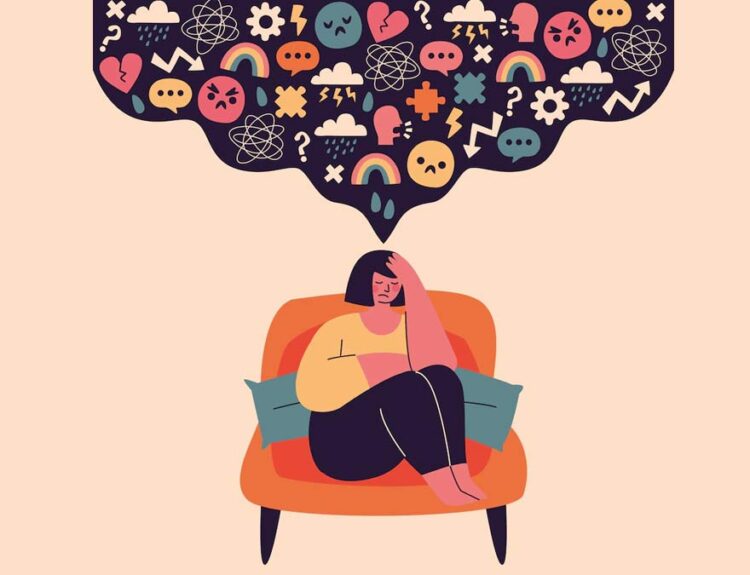Pop music has always been in a constant state of flux—shifting with the times, reflecting cultural changes, and adapting to new sounds and technologies. From the rise of pop princesses in the late ’90s to the experimental, genre-blurring tracks we hear today, pop music has never been stagnant. And one of the most significant recent shifts in the genre has been the meteoric rise of Billie Eilish, whose unique sound has redefined what pop music can be in the 21st century.
In this post, we’ll trace the evolution of pop music, comparing the icons that shaped the genre—from Britney Spears and the late ’90s pop explosion to Billie Eilish and today’s moody, experimental sound. Let’s dive into how these artists and their music have pushed the boundaries of pop and influenced a generation of listeners.
📅 Pop Music in the ’90s: The Rise of the Pop Princess
At the turn of the millennium, pop music was dominated by a select group of female pop stars, with Britney Spears at the forefront. With her iconic debut album …Baby One More Time (1999), Britney became the symbol of late ’90s pop culture. Her catchy hooks, infectious beats, and dance-worthy tracks made her a global sensation.
The Britney Era: Pop’s Peak?
Britney’s meteoric rise coincided with the advent of the internet and music videos, especially on platforms like MTV. Her bubblegum pop style, polished image, and highly choreographed performances set the standard for what pop music would become in the late ’90s and early 2000s. Britney wasn’t just a pop star—she was a cultural phenomenon, influencing fashion, dance moves, and even the way pop stars interacted with the media.
Britney’s success marked a time when pop music was characterized by high energy, catchy melodies, and perfect production. It was an era where pop music was fun, accessible, and highly polished, setting the stage for what would come next.
💥 The 2000s: The Pop and Hip-Hop Fusion
By the time the 2000s rolled around, pop music had begun to evolve. Artists like Christina Aguilera, NSYNC, and Backstreet Boys contributed to the golden era of pop, while Usher and Eminem blended hip-hop into mainstream pop culture, creating new sub-genres like R&B-infused pop and hip-hop-pop crossovers. The music scene became more diverse, with pop artists incorporating elements from rock, dance, and urban music.
Pop Evolution with Rihanna and Lady Gaga
Rihanna and Lady Gaga ushered in a new era of pop in the mid-2000s. While Rihanna became known for her Caribbean-inspired beats and chart-topping hits like Umbrella (2007), Lady Gaga introduced a more theatrical, avant-garde approach to pop with songs like Poker Face and Bad Romance. These artists helped break down the walls between pop, dance, and electronic music, while also focusing on empowerment, self-expression, and a more individualistic approach to pop stardom.
The ’90s & 2000s Legacy
Even though the sounds of pop in the 2000s were diverse, the dominant themes were fun, empowerment, and spectacle. The larger-than-life personas of Britney, Gaga, and Rihanna shaped what pop music would look like for years to come.
🖤 2010s to Present: The Rise of Alternative Pop and Billie Eilish
As we entered the 2010s, the landscape of pop music began to shift again, thanks to artists like Ariana Grande, Katy Perry, and Taylor Swift. But one artist, in particular, has truly defined the sound of modern pop: Billie Eilish.
Billie Eilish: A New Wave in Pop
Billie Eilish’s rise to fame marked the beginning of a new chapter in the evolution of pop music. With her debut album When We All Fall Asleep, Where Do We Go? (2019), Billie broke the rules of what pop music could sound like. Unlike the bombastic, over-the-top pop anthems of the past, Billie’s music is moody, introspective, and heavily influenced by electronic and indie rock sounds. Her haunting vocals, paired with minimalist production, create a soundscape that feels fresh and innovative—something that’s not only captured the attention of younger listeners but has also drawn in a wide range of audiences.
Billie Eilish’s impact on pop music isn’t just about her sound—it’s about her approach to fame and authenticity. Her fashion choices, personal lyrics, and willingness to confront mental health issues in her music set her apart from traditional pop stars. She’s created an entire narrative around being unapologetically herself, which resonates with fans who feel disconnected from the mainstream pop machine.

🌍 The Genre-Blurring of Modern Pop: Billie Eilish and Beyond
While Billie Eilish remains the face of this new era of pop, her influence is just one piece of the puzzle. Modern pop has become increasingly genre-blurring, as artists from different backgrounds come together to create something entirely new.
Pop Meets Indie, Alternative, and Electronic
Billie’s sound doesn’t belong in just one genre; it’s a blend of indie, electronic, alt-pop, and even trap influences. Artists like Lorde, Halsey, and Troye Sivan have followed in her footsteps, mixing alternative, electronic, and experimental sounds with pop sensibilities. This shift has allowed pop music to feel more authentic, personal, and introspective, a stark contrast to the polished and perfected nature of the late ‘90s and early 2000s.
Pop music today is shaped by the DIY ethos of the internet age. Social media platforms like Instagram and TikTok have allowed for a more direct connection between artists and their fans, leading to a more authentic, raw sound. Billie Eilish, with her close-knit production team (including her brother Finneas), epitomizes this shift towards indie pop and bedroom music production. Artists are now able to create pop music that feels both intimate and expansive, tapping into a variety of emotional experiences.
🎤 Conclusion: From Britney to Billie Eilish – A Journey of Transformation
The evolution of pop music from Britney Spears to Billie Eilish is not just about musical style; it’s about how pop music has mirrored cultural shifts, technological advancements, and changes in how we view fame and success.
While Britney paved the way for the modern pop star in the late ’90s, Billie Eilish has redefined what it means to be a pop artist today. With her unique voice, experimental production, and unfiltered authenticity, Billie has created a new kind of pop—a genre that embraces individuality, vulnerability, and experimentation.
In the years to come, it will be fascinating to see where pop music goes next. But one thing is certain: just like Billie Eilish reshaped the industry in her own way, the next generation of artists will continue to redefine what pop music means for future listeners.
📌 What’s Your Take?
Do you prefer the classic, upbeat pop of Britney’s era, or do you lean more toward Billie Eilish’s moody, genre-blurring sound? Let us know in the comments below, and share your favorite pop music artists from each era!









